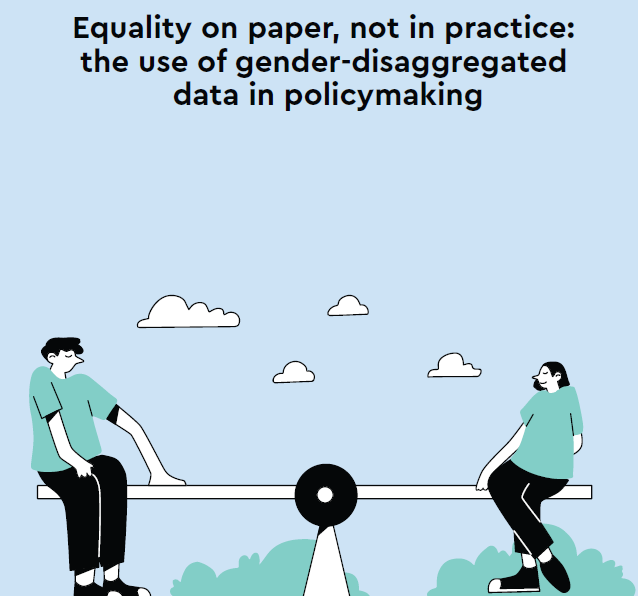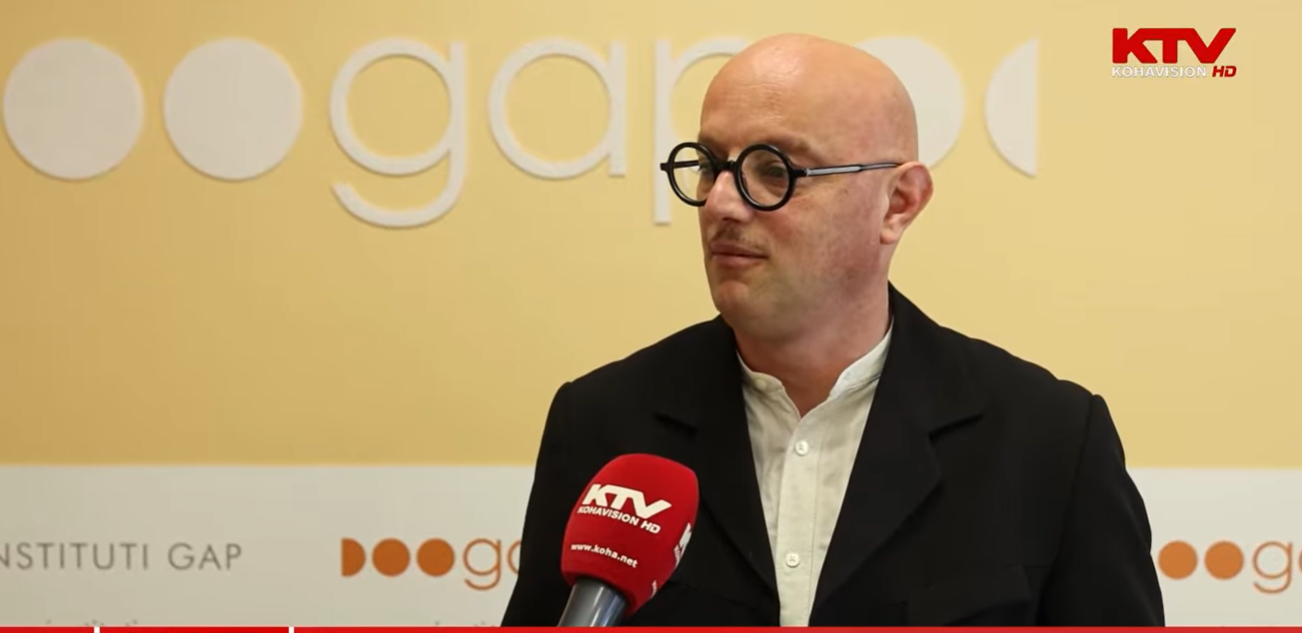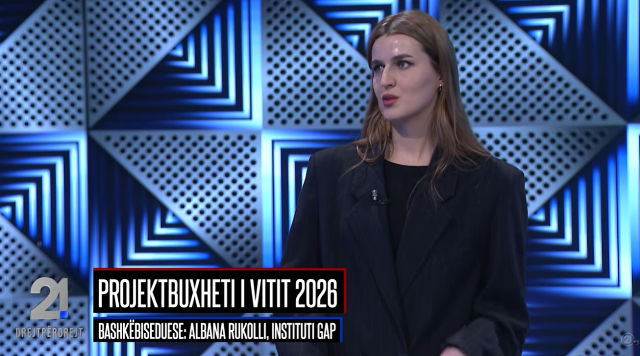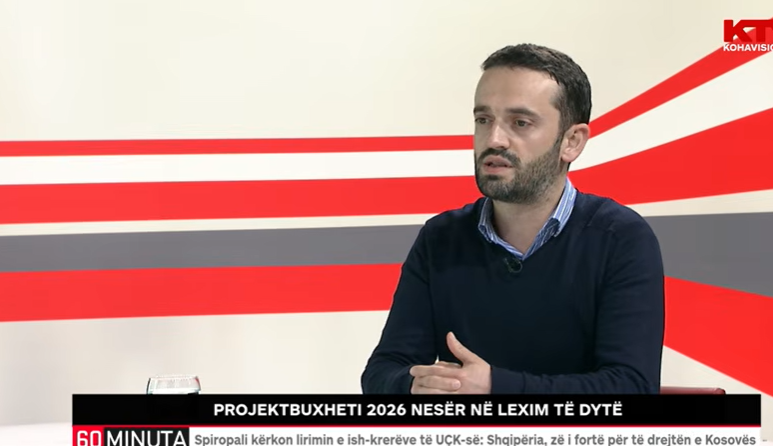Equality on paper, not in practice: the use of gender-disaggregated data in policymaking
27/12/2024
Today, GAP Institute published the report “Equality on paper, not in practice: the use of gender-disaggregated data in policymaking.” One of the main advantages of gender-disaggregated data is that it helps to identify structural inequalities between diverse men and women, and highlight the unique challenges women face in areas such as education, employment and health. This report identifies the gaps and challenges in implementing gender-disaggregated data collection and its use across all stages of policymaking in Kosovo. Despite efforts to utilize gender-disaggregated data, it is often not effectively used to improve public policies.
The findings of this report show that some central-level institutions, such as the Ministry of Justice and the Ministry of Internal Affairs, provide more information based on gender-disaggregated data. Examples of such data include the number of employees in these institutions, beneficiaries of legal aid, cases of domestic violence, the number of individuals holding official documents, and migration-related data, among others. Meanwhile, some institutions, such as the Ministry of Environment, Spatial Planning, and Infrastructure, the Ministry of Foreign Affairs, the Ministry for Communities and Return, and the Ministry of Regional Development, do not publish any gender-disaggregated data. These differences among ministries highlight the need to standardize gender reporting across all public institutions.
The lack of gender-disaggregated data is also evident in the budgetary documents of public institutions, including the accompanying documents for the Law on Budget Allocations for 2025. The only gender-disaggregated data published on municipal websites are those included as part of the requests for the Gender-Responsive Budgeting (GRB) annex. This annex was published by only 32% of municipalities for 2024, while at the central level, no institution has made it public. Moreover, public enterprises do not publish gender-disaggregated data, except for participation in boards and management. Furthermore, only 11% of central government institutions and 30.5% of independent institutions in Kosovo publish gender-disaggregated data in their annual reports.
Although the Law on Gender Equality foresees sanctions for public institutions that do not collect, process and submit gender-disaggregated data to the Kosovo Agency of Statistics (KAS), to date no complaints have been recorded on this issue. Furthermore, Kosovo does not have a gender equality index yet, as required by the European Union.
Therefore, GAP Institute recommends that public institutions create, maintain, and systematically publish gender-disaggregated data as part of gender impact assessments for all public policies. GAP Institute also recommends that KAS, KAS in collaboration with AGE should draft and publish the Gender Equality Index. Furthermore, fines should be imposed on institutions that do not collect, process and submit gender-disaggregated data to KAS, according to Article 23 of the Law on Gender Equality.
Click here to read the full report.















